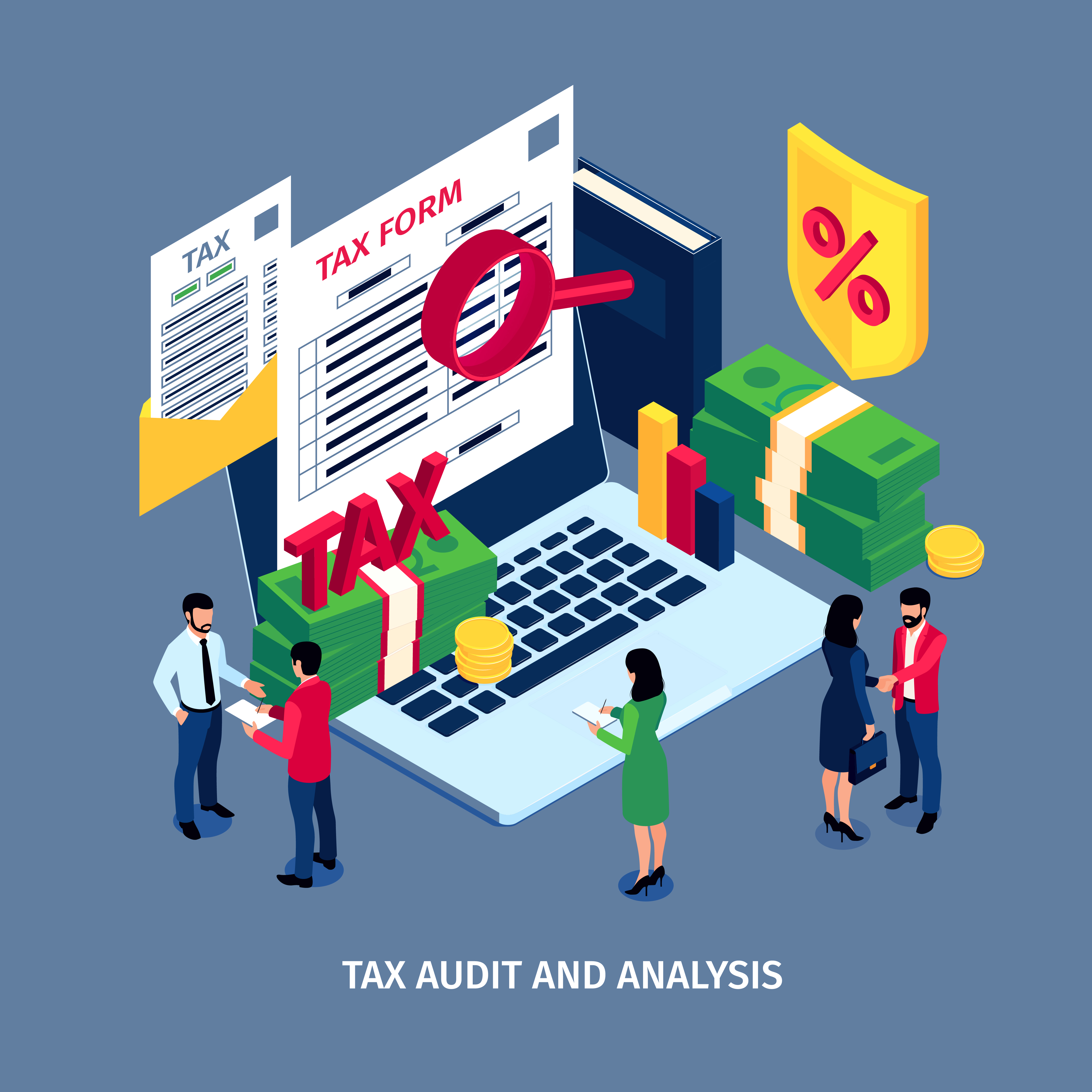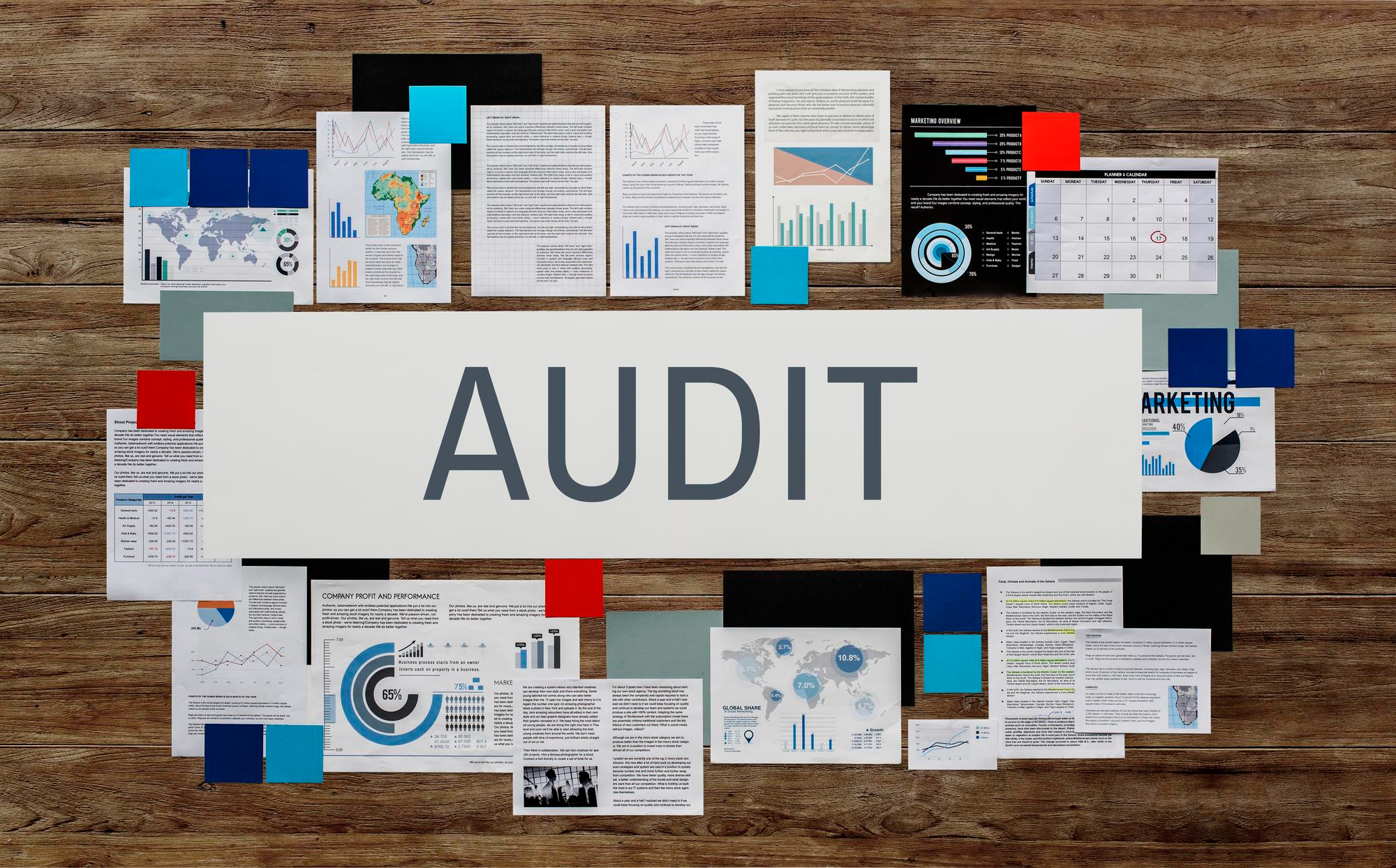Tax Audit
Tax Audit
Income tax audits in India are conducted by the Income Tax Department to ensure that taxpayers are complying with tax laws and accurately reporting their income and deductions. These audits are aimed at promoting transparency and reducing tax evasion. Here's an overview of income tax audits in India:
-
Types of Audits: There are different types of income tax audits in India, including:
- Mandatory Tax Audit: This is required for individuals, businesses, and professionals whose annual turnover or gross receipts exceed the specified limits set by the Income Tax Act. As of my last knowledge update in September 2021, these limits were INR 1 crore for businesses and INR 50 lakh for professionals.
- Special Audit: The Income Tax Department may order a special audit if they believe the taxpayer's accounts are complex or that the taxpayer is not maintaining proper books of accounts.
- Scrutiny Assessment: The Income Tax Department can select returns for scrutiny assessment, which is like an audit of the taxpayer's financial records.
-
Audit Process: When a taxpayer is selected for an income tax audit, they will receive a notice from the Income Tax Department specifying the reason for the audit and requesting various documents and records, including financial statements, bank statements, and other relevant documents.
-
Conducting the Audit: The audit is typically conducted by a Chartered Accountant (CA) or Tax Consultant. They will review the financial records, ensure compliance with tax laws, and look for any discrepancies or underreporting of income.
-
Audit Report: After the audit, a report is submitted to the Income Tax Department, which includes findings and any adjustments that need to be made to the taxpayer's income or deductions. The taxpayer is given an opportunity to respond to the findings.
-
Penalties and Consequences: If discrepancies are found and the taxpayer is found to have underreported income or violated tax laws, penalties and fines may be imposed. The taxpayer may also have to pay the additional tax owed.
-
Appeals: If a taxpayer disagrees with the audit findings, they can appeal to higher authorities within the Income Tax Department and eventually to the Income Tax Appellate Tribunal or the courts if needed.
It's important to note that tax laws and regulations may have changed since my last knowledge update in September 2021. Therefore, I recommend consulting the official website of the Income Tax Department of India or seeking advice from a qualified tax professional for the most up-to-date and accurate information regarding income tax audits in India.


